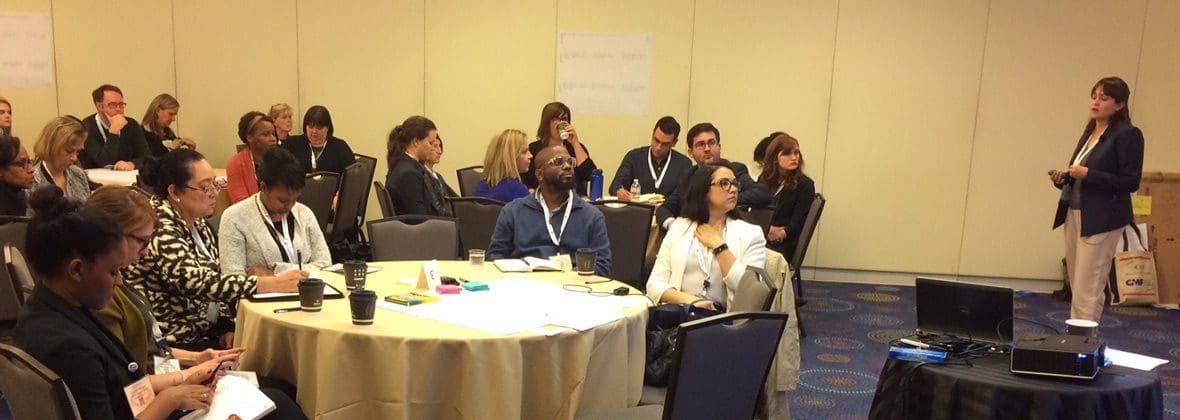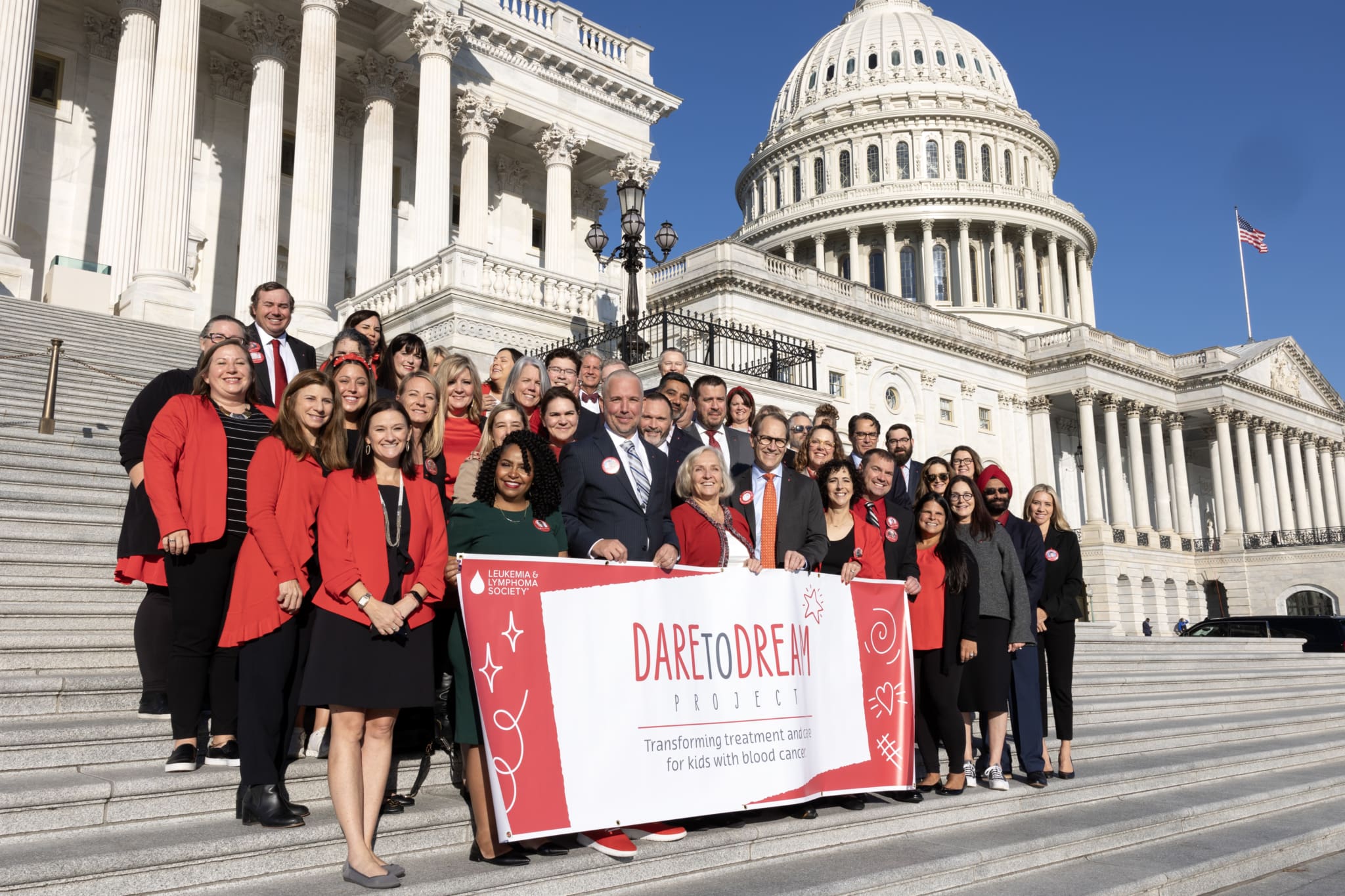By Marie LeBlanc, Cath Thompson, and Jessica Mason
This post is the fourth in a series that shares lessons Independent Sector learned through our 2016 initiative to address power dynamics in the charitable sector.
 In Addressing the Power Dynamic Through ‘Little Leaps of Logic’, our previous post chronicling takeaways from our 2016 power dynamic work, we highlighted the importance of considering variation in nonprofit and foundation experiences through user-specific solutions.
In Addressing the Power Dynamic Through ‘Little Leaps of Logic’, our previous post chronicling takeaways from our 2016 power dynamic work, we highlighted the importance of considering variation in nonprofit and foundation experiences through user-specific solutions.
In this this post, we push that thinking farther to consider how we might have focused our solutions differently, based on what we learned about balancing individual needs and organizational needs when approaching institutional-level relationships.
Organizations as a whole are the entities that carry out programs, fund projects, and make up the charitable sector. However, organizations are composed of individuals with unique personalities and preferences who steward relationships that can make or break a project, initiative, or even an organization. Rarely does a transaction occur in the absence of individual representatives such as grants managers, program officers, finance personnel, executives, and beneficiaries.
Through our power dynamics initiative, we sought to create solutions that would facilitate healthy, transformative relationships between funders and grantees on an organizational scale.
Social Impact Camp was specifically designed to build stronger relationships between the individual representatives of organizational funding relationships.
ImpactMatch was designed to find the “perfect grantee-funder match” on an organizational level, based on core values, expectations, and interests.
While testing and soliciting feedback on Social Impact Camp, we learned that there was a large discrepancy in the willingness of individual staff to engage in deeper personal relationships, while representing their organization. Early testers were optimistic that forming a more personal relationship would create a foundation of trust and understanding that did not previously exist. But in further testing, we heard much stronger aversion to developing deeper relationships on an individual level, especially when funding may be on the line. Funders indicated that they did not want to get “too buddy-buddy” with their grantees, and nonprofits did not want to be seen as anything less than highly professional to their funders.
As one person put it during our user testing session at the 2016 Independent Sector Conference, “I want my funder to create a relationship with the program they are funding, not with my grants manager.”

Fair enough. For the continuity of funding – and programming, and ultimately, impact – this institutional bond is critical. But is it possible for healthy institutional bonds to form in the absence of individual relationships? Many of the conditions we identified for building strong relationships between organizations depend on individuals building strong relationships based on behaviors and practices like trust, empathy, and open communication.
Future work to address the power dynamic must include both empowering individuals to make change internally (practicing effective communication, building empathy, recognizing their own assets, etc.) and changing culture on an organizational level (aligning values between organizations, setting clear expectations, rethinking reporting requirements, etc.).
One way to do this is to explore whether there are more effective ways to transform relationships within professional barriers, to foster healthy behaviors and practices without undermining the professional nature of the relationship, and how best to create an organizational culture and institutional memory of a healthy relationship, regardless of who holds the relationship and how that evolves over time.
In order to address these issues, future work could consider the question, ‘How might we empower individuals to change their organizations’ internal culture in ways that would enable healthier grantee-funder relationships?’
Marie LeBlanc is the manager of critical issues and sector advancement and Cath Thompson is the associate for programs and practice at Independent Sector. Jessica Mason is founder and principal at The Social Impact Studio.



